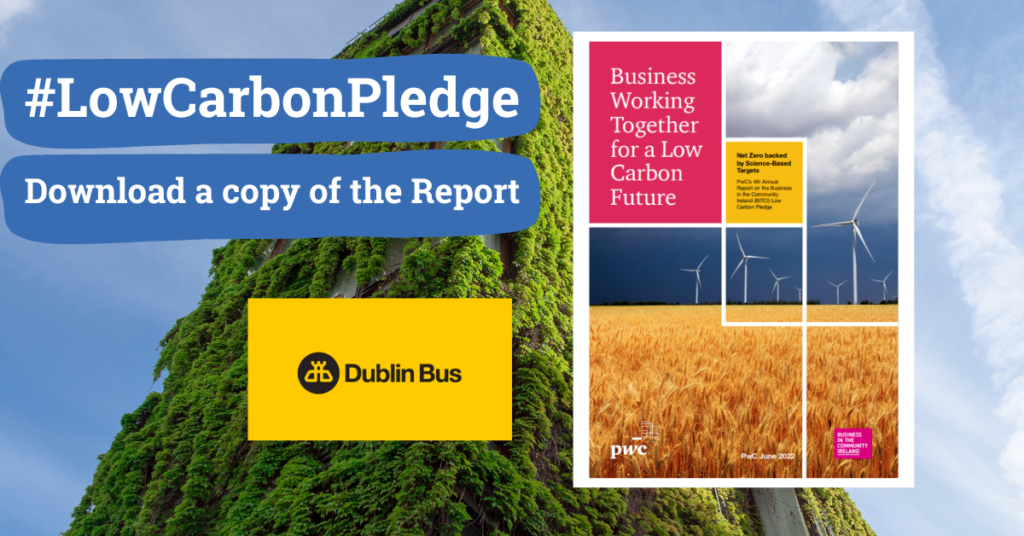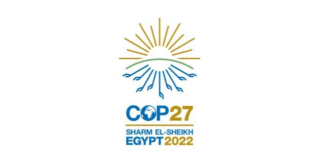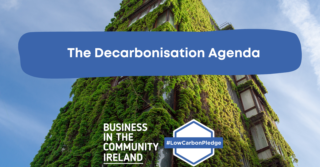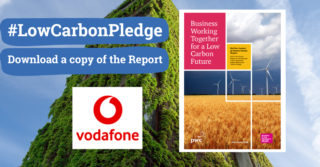Reducing carbon emissions with Dublin Bus
Transport is a key area of the Climate Action Plan 2021 and targets set out aim to reduce emissions from this sector by up to 51% by 2030. Emissions in the transport sector have risen rapidly in recent decades and remain coupled to economic growth. As one of Ireland’s largest businesses, Dublin Bus recognises that it has a responsibility and an opportunity to act on some of the most pressing climate and environmental challenges in the world today. With unparalleled reach across the capital, in thousands of communities, Dublin Bus is acutely aware that they have a real opportunity to create change.
Reducing carbon emissions in this sector will require a transition to renewable fuels but in cities and will also require a major shift from an over reliance on the private car to more sustainable transport providers like Dublin Bus.
A clean, green, reliable, and efficient bus service enables sustainable transport habits. Dublin Bus is committed to the reduction of emissions, congestion, and energy usage. Through its work to promote faster, more sustainable public transport it is also committed to making Dublin a more liveable city. Every time one of its customers chooses the bus, rather than taking the same journey by car, they are reducing their own carbon footprint and making a positive contribution to the environment.
By carrying up to 142 million people annually pre-Covid and 70 million people last year, Dublin Bus currently takes up to 87,354 cars off the road each day, as our customers opt for sustainable public transport. Every single full bus replaces the equivalent of 80 cars on our roads, reducing emissions by over 90% and freeing up 300 metres of roadway. This is accelerating the shift away from private cars, speeds up journey times, frees up road space and reduces emissions. New energy efficiency baselines have been set by SEAI averaging from 2016 to 2018 and Dublin Bus have reduced emissions by 14,238 tonnes in 2021.
The journey to Science Based Targets
Dublin Bus plans to sign up to Science Based Targets thereby committing them to becoming a zero-emissions operator by 2050. To help achieve this goal Dublin Bus is introducing zero-emission routes served by fully electric, battery operated vehicles. They envisage that by 2035, 100% of the fleet will be made up of diesel hybrid and battery electric buses. They are also progressing towards having their first two depots installed with electrical infrastructure over the next year, two which will facilitate the first order of battery electric buses with a view for further roll out across all other depots over the coming years. Depots across all locations will have partial infrastructure installed until full electrification in 2035.
Similar to other sectors, technology is changing the way transport services are provided to customers, which in turn is also enabling changes to the business models of traditional service providers like Dublin Bus. Dublin Bus recognise that they “[We] will not stay successful by standing still” and “[We] have to get ahead of the next wave and catch it”. Anticipating the availability of these solutions is an important component of achieving the net zero strategy. For example, while Dublin Bus is not in control of when an affordable double decker electric bus will be available, they can prioritise route optimisation first while deploying single decker electric buses for those routes which are consistent with current battery ranges. Planning must also take account of the different space and logistic requirements for electric vehicles. Buses requiring overnight charging typically take up approximately 10% of a depot which, together with range considerations, will require a revised site strategy. A key element of their strategy is balancing near term deployment of proven technologies with roadmaps involving emerging technology which get to net zero.
Dublin Bus will be working closely with the NTA on delivery of electrification for the fleet and will monitor operational constraints in terms of range and may look at alternatives where battery electric cannot deliver. For emerging solutions, Dublin Bus are engaging with the wider stakeholder community to ensure that the required infrastructure and policy regime is in place to support new technologies such as green hydrogen for transport.
In advance of fleet replacement Dublin Bus is prioritising training initiatives to improve efficiency. Fuel efficiency measures have reduced consumption of diesel by more than 2.5 million litres per year. They have also adopted a range of waste reduction, water usage, and recycling measures including a ban on single use plastics and recycling 63% of waste across its eight depots in 2021.
Advice for other businesses
Dublin Bus’ advice for other organisations seeking to achieve similarly ambitious goals is that it is essential to embed a sustainability strategy across your functions and operations and to define specific roles for key employee groups. Once a materiality assessment has been conducted the most material emission sources will be identified and technology assessments can be conducted which map out how the targeted reductions can be achieved. During this phase it will be important to get management alignment on future technical developments as these will form a cornerstone of the new strategy.
At Dublin Bus they have ensured that the entire team is committed to supporting this journey. This is even more important as sustainability is moving at a very fast pace and requires clear communication and regular upskilling opportunities for all employees, from board to the depot, ensuring full engagement with initiatives such as driver training. This holistic approach to sustainability will be further expanded in the coming years to ensure that climate is embedded into all aspects of Dublin Bus’s operations.
Download the Low Carbon Pledge report.







